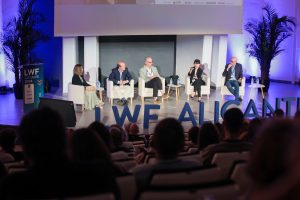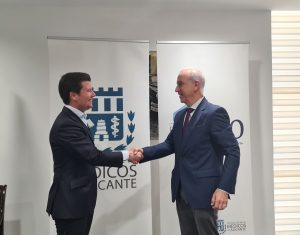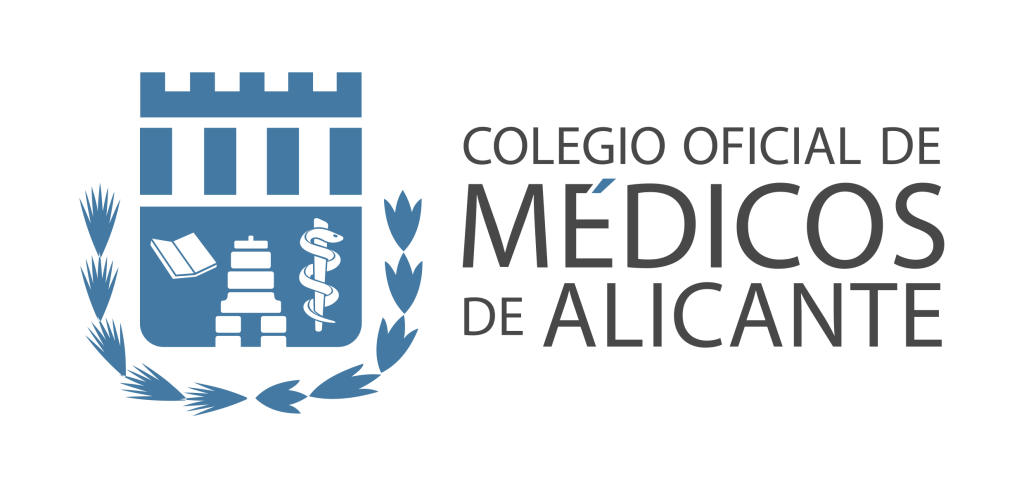The issue at stake is to live not only longer, but better. This is a concern that has long been of considerable interest to society in general and, furthermore, continues to be the focus of a great deal of research. Thus, Valencia will be consolidated as a scientific capital when the city hosts, for the second year running, the Longevity World Forum, a pioneering international congress in Europe owing to its focus on life expectancy and healthy aging.
The 2019 event will take place on 13, 14 and 15 November, when professionals from around the world will meet to share their knowledge and experiences in this respect. Specifically, attention will be centred on scientific innovation, explaining the latest research currently underway in the field of longevity; on the recently proven guidelines regarding the ideal way to grow older in good health; and on the social and economic effects inherent to a society with increasing life expectancy.
The most authoritative voices on longevity
The participants at the Longevity World Forum will include María Blasco, director of the Spanish National Cancer Research Centre (CNIO), whose team has recently managed to increase longevity without genetic intervention on mouse models born with longer than usual telomeres, and Manuel Collado, head of the cancer and aging stem cell laboratory at the Health Research Institute of Santiago (IDIS), who has recently discovered that an active ingredient extracted from Digitalis or foxglove is able to selectively eliminate senescent cells.
Also present will be Pura Muñoz, researcher of the Spanish National Centre for Cardiovascular Research (CNIC), who has this year received the Jaume I Prize for Medical Research for her contributions on the molecular mechanisms of aging, and Manuel Serrano, a doctor and professor who is currently working on the ICREA programme of the Institute for Research in Biomedicine of Barcelona (IRB Barcelona) leading research into senescence and cellular plasticity.
An international congress, without borders
On an international level, participants include leading figures such as Rafael de Cabo, chief of the Translational Gerontology Branch of the National Institute on Aging in Baltimore (USA); Maria Entraigues Abramson, Global Outreach Coordinator of SENS Research Foundation (USA); Avan Sayer, director of the Newcastle Institute for Ageing (United Kingdom); Reason, co-founder of Repair Biotechnologies, Inc. (USA); Bruno Vellas, doctor of the Aging Unit and chairman of the Gerontopole at the University Hospital of Toulouse (France); and Álvaro Pascual-Leone, professor of Neurology at the Harvard Medical School (USA); among others.
Despite being held for just the second time, the Longevity World Forum has already received the support of international organisations renowned for their activity in the field of human longevity. These include, for example, Calico, the biotechnology firm of Google; General Electric Healthcare; the medical solutions division of the multinational company; and Siemens Healthineers, a group of medical technology companies. All in all, Spain is becoming the world forum par excellence on healthy aging.





